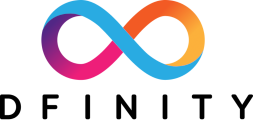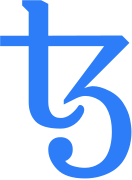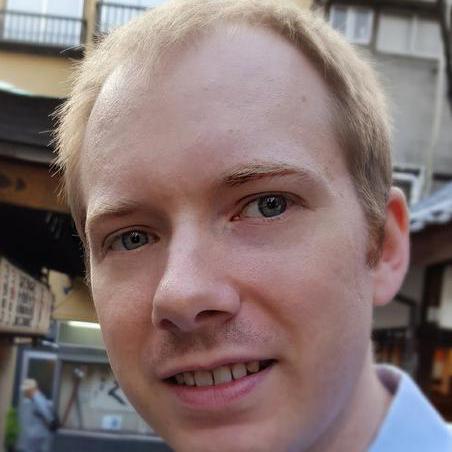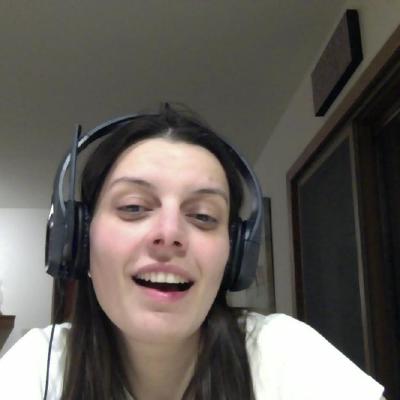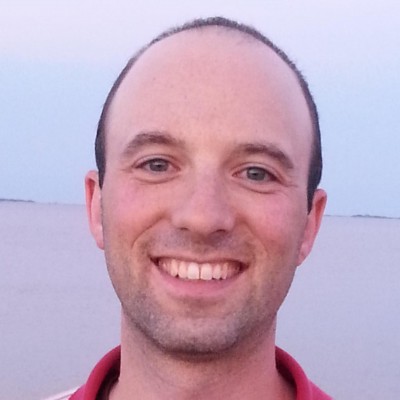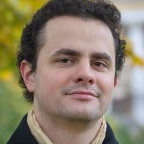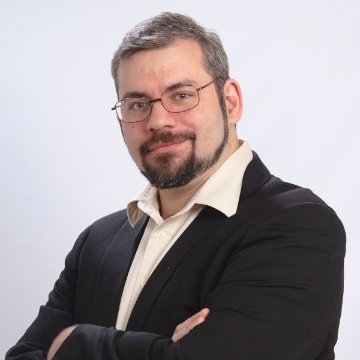
Are you looking for ZuriHac 2020?
What is ZuriHac?
ZuriHac is the biggest Haskell Hackathon in the world: a completely free, three-day grassroots coding festival organized by Zürich Friends of Haskell. It features fantastic keynotes, interesting tracks, and of course lots of hacking and socializing!
When and where?
ZuriHac 2019 takes place Friday 14 June to Sunday 16 June and is hosted at the HSR Hochschule für Technik Rapperswil. This modern venue is located right at lake Zürich and provides space for 500 participants.
Who can attend?
Everyone! We will have a dedicated beginners' course, and there will be mentors and Haskell gurus on site whom you can directly approach during the whole event with any Haskell-related question you have.
Add to your calendar: iCal or Google Calendar.
Program
How it works
ZuriHac focuses on three goals:
- to work on interesting open source projects;
- to learn more about our favorite programming language; and
- to have fun and build a community!
ZuriHac is not a conference. Most of the time is reserved to work on projects together. At the start of the Hackathon maintainers get a few moments to present their project. If you want, you can join any of these projects and learn, contribute code, write documentation, or make any other sort of progress. There will be something for all skill levels.
Of course — in between hacking — we love learning from some of the most interesting Haskellers out there, so we have a couple of keynotes from several amazing people from both industry and academia. In addition to that, there are some free courses you can take as well.
You can identify volunteer mentors from the dark blue Zurihac shirt. They welcome any questions you may have about Haskell, so please grab them if you have any issues or questions.
Speakers
Keynote at 10.00 on Saturday:
Type inference as constraint solving: how GHC's type inference engine actually works.
Simon is one of the designers of the Haskell language, an inspiring leader for the whole Haskell community, and the main developer of GHC, the de facto standard Haskell compiler. He also chairs the Computing At School group, which promotes the teaching of computer science at school.
Keynote at 10.00 on Friday:
A Backend Architecture for Functional Reactive Apps.
Ryan is one of the founders of Obsidian Systems, a successful full-stack Haskell consultancy firm based in New York. In additon to that, he is the author of the Reflex FRP framework, a composable, cross-platform functional reactive programming framework for Haskell.
Keynote at 16.00 on Saturday:
From Zero to Haskell: Lessons Learned.
Haskell/Nix developer, cloud infrastructure engineer and architect, author, and co-founder of Lambda Ladies. Over the last two decades, she has also worked on algorithmic trading systems, market data software, multi-tenant service-oriented architecture, and continuous delivery.
Keynote at 10.00 on Sunday:
A Type-ical Case Study: The Sound Type-Indexed Type Checker.
Richard is an Assistant Professor at Bryn Mawr College. He researches functional programming languages and type systems. In the Haskell community, he is mostly known for his work around Dependent Types. He is also a core contributor to the Glasgow Haskell Compiler.
Keynote at 17.00 on Friday:
Selective Applicative Functors.
Andrey is a Senior Lecturer at Newcastle University. He has done a lot of work on the Hadrian build system for GHC, and his work around algrebraic graphs is one of the greatest recent examples of the elegance and simplicity of functional programming.
Frequent keynotes throughout the weekend known as:
Edward Kmett's Glorious Hallway Track.
Prolific Haskell programmer, researcher at MIRI, mathematician, lapsed graphics guru and demo scener, defense contractor, financial toolsmith, author of the widely-known lens library, Twitch streamer.
Tracks
Beginner Track
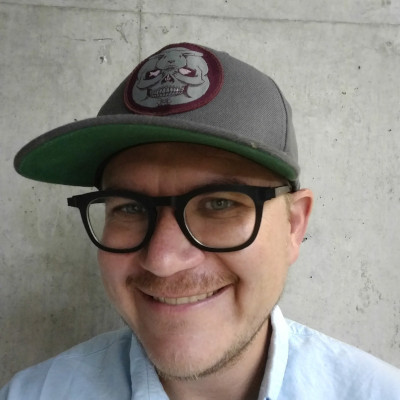
The beginners track features a free course focused on Haskell language fundamentals with no prior experience to the language assumed or required.
Topics that will be covered include:
- Binding values and scope
- Functions & their first class nature
- Closures, partial application, and composition
- "Built In" & "Create Your Own" types
- Type classes
- Working with lists and text
- Reading & writing data to files
Important update: unfortunately, Julie, will not be able to make it to ZuriHac this year. Ryan Moore will be teaching the beginners course in her absence.
Advanced Track
The Haskell experts from Well-Typed will teach a two-part course in the advanced track. The two sessions are completely independent and take place on Friday and Saturday afternoon.
-
Friday: Adam Gundry will host a session about Advanced Types, so you can learn about various GHC type system extensions.
-
Saturday: Duncan Coutts will lead a session on Evaluation & Performance. He will teach you how to properly reason about evaluation in Haskell program, and discuss performance pitfalls.
GHC Track
This year we will again feature a dedicated GHC track to foster contributions to GHC and teach newcomers how to participate in GHC's development. It was a great success last year, and this year we are even more excited about the incredible programme we have for you.
The following workshops will take place:
Richard Eisenberg
Friday 14:15 - 15:15
A high-level overview on the GHC compilation pipeline.
Matthew Pickering
Friday 15:30 - 16:00
Tools for working on GHC.
Simon Hafner
Friday 16:15 - 16:45
NoTopLevelFieldSelectors and GHC's renamer.
Andrey Mokhov
Saturday 13:30 - 14:00
Hadrian build system.
Simon Peyton Jones
Saturday 14:15 - 15:15
Understanding GHC's type inference engine.
Docs Track
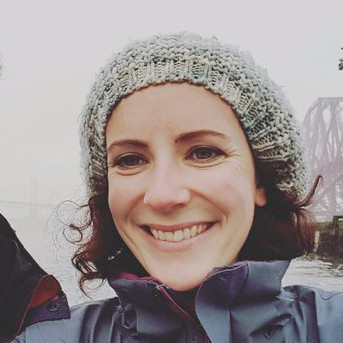
Writing good docs is a non-trivial task, and can hugely improve how your users see your software. Beth Aitman, technical writer at our sponsor Digital Asset, will teach you how write effective and clear documentation. With the right conceptual understanding you might even start loving to write docs for your projects!
This track consists of a talk at 11.00 on Saturday, followed by collaborative doc writing for any projects that are interested.
Projects
Like each year, ZuriHac hosts many projects by and for attendees. You can see the full list here.
We would like to highlight a few projects from our generous sponsors!
-
Digital Asset will be hacking on Haskell IDE Core a lightweight, extensible base for LSP IDE tooling based on Shake and GHC Lib. More info.
-
Are you interested in smart contracts? Serokell and TQ are developing tools to work with Tezos. They will host a Morley Hackathon!
Venue
The hackathon takes place at the HSR Hochschule für Technik Rapperswil. The campus is about 40 minutes outside of the Zurich city.

HSR Hochschule für Technik Rapperswil
Oberseestrasse 10
8640 Rapperswil-Jona
The Hackathon mainly takes place in two buildings: Building 1 and Building 4. Detailed info on the different rooms will be announced later.
The venue is located right next to the lake, and weather has been superb (25°C, 77℉) during the previous years, so feel free to bring your swimming gear!
Getting there
By Train
You can take the S7 or S15 to get from the Zurich main station to Rapperswil. These trains run regularly in 30 minute and 60 minute intervals, respectively. Google maps works well for directions if you use the "public transport" tab.
If you arrive at the Zurich airport, first take the train to the Zurich main station and then continue with S7 or S15. Trains from the airport towards the city run every few minutes.
Train tickets
If you stay in Zurich city, the easiest option is to get a 24 hour pass for all zones. It's good for all public transportation around Zurich, up to Rapperswil. A one-way ticket costs 17.20CHF, the 24 hour pass 34.40CHF.
Please note that the 24 hour pass is literally a 24 hour pass and can be used over multiple days: e.g. if you buy one on the first day of the Hackathon at e.g. 9.00, you can still use it to take the train at 8.00 the next day. This way, it is possible to buy only two tickets for the three-day conference.
A lightly cheaper alternative to the 24 hour pass is the 9 O'Clock day pass which works more like a regular day pass. However, this requires you to take the train to Rapperswil after 09:00 on Friday, as described on the website.
You can buy tickets from the SBB or ZVV vending machines, which have a button to use them in English rather than German on the home screen. Alternatively, you can use the ZVV ticket app on Android or iOS.
By Car
There are some paid public parking lots in walking distance from the campus (see here for a map). It can be difficult to find a free parking spot in these lots, and you can expect to pay about CHF 20 per day. We therefore recommend that you come via public transport if possible.
Accomodation
As for accomodation, there are two options. You can either stay in Zurich, or in Rapperswil itself. Both have advantages and disadvantages: there are more things to do in Zurich, but you can save time and transportation costs by staying in Rapperswil.
Here are some hotels close to the venue:
- Rapperswil:
- Hurden:
During previous years, attendees have also shared accomodation (e.g. on
Airbnb). In order to get in touch with
fellow attendees, we recommend using the #accomodation channel
in our Slack chat.
If weather allows for it, camping is also a very affordable and beautiful option for the ultimate grassroots ZuriHac festival fans. Several people have stayed at this campsite in 2017 and 2018.
Getting around
See this map for more information on accomodation, grocery stores, and other useful places.
We also recommend the Wikivoyage page on Zurich.
Food
Lunch
Lunch coupons are sold at the registration desk. A single lunch coupon costs CHF 12, or CHF 35 for three days. Vegetarian options are available during every lunch. Of course, you are always free to go to nearby restaurants and/or supermarkets, like the past years.
The exact menu will be announced here before the event.
Ramen
We are working with SudelNuppe to provide an on-site Ramen (Japanese Noodle Soup) dinner option for Friday. Coupons for this can be bought directly from the vendor on Friday evening.
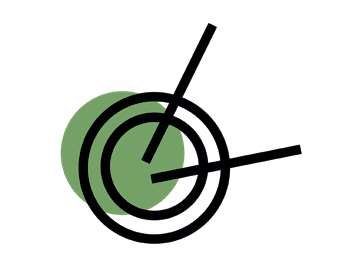
Miso Ramen (vegan), CHF 14
Vegetable Stock, Miso Tare, Beetroot, Chard, Kombu, Shitake,
Bio-Tofu (CH)
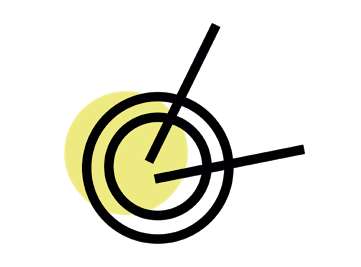
Shoyu Ramen, CHF 15
Chickenstock, Shoyu Tare, Chachu (Porkbelly, CH), savoy cabbage, turnip,
Kombu, Shitake, Bio-Egg (CH)
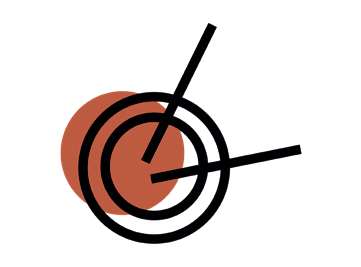
Summer Salad Bowl, CHF 14
Tomato-Bulgur, Fennel, Orange, Humus, Green Bean, Bio-Tofu (CH), Sesame
Dressing
Barbeque
On Saturday evening, there is a bring-your-own meat BBQ. Meat (or vegetarian/vegan alternatives) can be obtained from nearby supermarkets. Migros is nearby and has a decent selection, but it does not sell alcoholic beverages.
This map has a number of options under Groceries.
Coffee & refreshments
On Friday, a selection of beverages will be available from the small cafetaria.
From Saturday on, we will have three coffee machines to serve free coffee during the event. These are located in the common hacking area in building 1 (first floor). RedBull will provide a fridge with 600 cans free of charge.
Registration
The Hackathon is completely free but the number of participants is limited to 450 people. To this end, it is very important to us that you timely cancel your registration in case you cannot attend. Around two months before the Hackathon, we will ask you to confirm your registration and after that you will be able to access your ticket.
The registration is closedOnce we reach maximum capacity you will be queued into a wait list. In case that somebody cancels we will fill up the seats from the wait list in first come first serve order and let you know. Please do not book anything before we have confirmed a seat for you in a confirmation email.
Scholarships
Update: we have received (and accepted) a good number of scholarship candidates. We are not accepting new applications at this point due to budget constraints.
Switzerland can be expensive for people visiting from abroad. ZuriHac is a free event, but transportation, lodging, and food might discourage somebody without a good income from attending. We want to make it easier for anyone to come, and contribute towards making the Haskell community exciting and diverse.
For that reason, we will provide a small number of scholarships this year. Because we do not charge anything for tickets, our budget is limited and you can consider this year a "trial run" of the program. Anybody accepted will be supported with an amount between 100.- and 500.- Swiss Francs, depending on your expenses.
Our focus is on people with limited financial means and underrepresented groups in tech -- the latter includes, but is not limited to: people of colour, anyone identifying as LGBTQIA+, women, and disabled people.
You can apply by sending an email to [email protected], and include:
- A breakdown of your cost estimates (flight, train tickets, hotel/hostel/airbnb, food...).
- Why are you interested in functional programming? Don't write an essay: one or two sentences should be enough.
- What makes you eligible? Again, keep this brief, and please only share what you are comfortable with.
We will not disclose the recipients of these scholarships, in order to protect their privacy. The amount you estimate for your expenses will not be a factor when we consider your application. If necessary, we can transfer the money to you before you buy your plane/train ticket, so that you don't have to pay upfront if you are cash-strapped.
Don't be shy and just contact us if you feel that this can make a difference to you. There is no downside to applying, and we will never disclose your identity.
Contact
If you have any questions before the event, please reach out to Jasper Van der Jeugt, Juri Chome or Farhad Mehta. We also monitor our official Twitter account.
The primary medium to communicate with other participants is our
Slack Organization.
We use the hashtag #zurihac on Twiter, and you can discuss the
Hackathon on IRC in #zurihac channel on Freenode.
Who are we?
Organizing ZuriHac would not be possible without the help of all volunteers involved.
- Main Organizers: Jasper Van der Jeugt, Juri Chome, Farhad Mehta
- Beginner Track: Nicolas Gagliani, Martin Huschenbett
- GHC Track: Andreas Herrmann, Niklas Hambüchen
- T-Shirts: Carl Baatz
- Sponsoring: Silvio Böhler
- HSR Location and Facilities: Ingrid Vettiger, Farhad Mehta
- Food and Beverages: Niklas Hambüchen
- Additional help: Arvin Moezzi, Bieke Hoefkens, Gleb Peregud, Ivan Kristo, Simon Meier, Tomas Carnecky
Terms and Conditions
Each participant will retain ownership of any and all intellectual and industrial property rights to his or her work created or used during the Hackathon.


